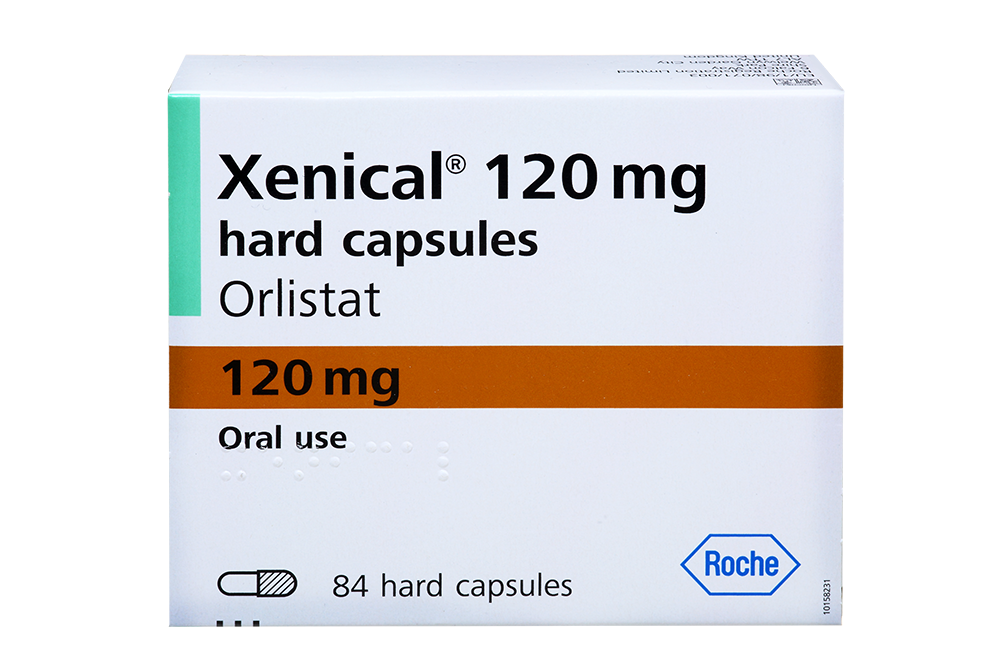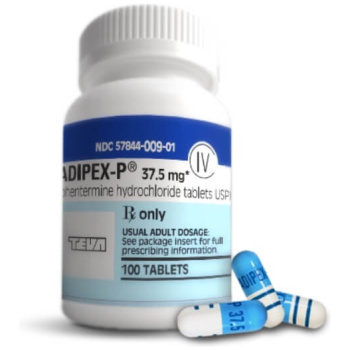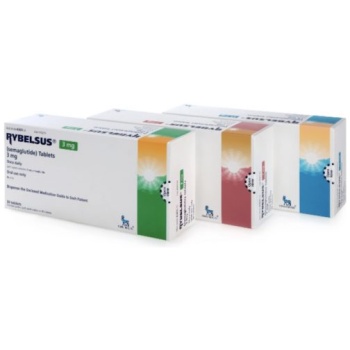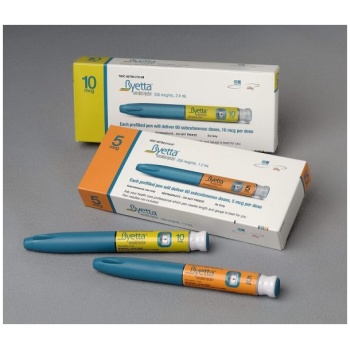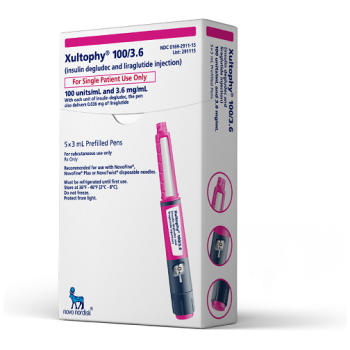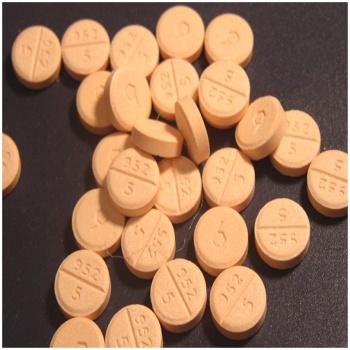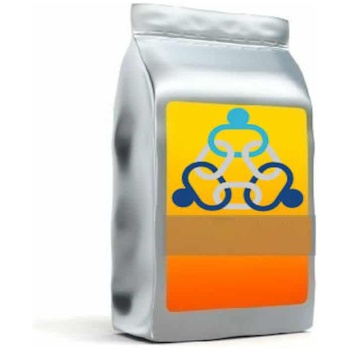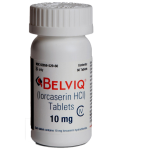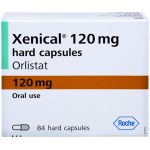Buy Xenical online
Xenical (orlistat as the active ingredient) is a medication used to treat obesity. It acts in your digestive tract to prevent around one-third of the fat in your diet from being digested. Xenical binds to digestive enzymes (lipases) and prevents them from breaking down part of the fat you ate throughout your meal. Your body eliminates undigested fat because it cannot be absorbed. Xenical is used to treat obesity in combination with a low-calorie diet.
How to take Xenical
Always follow your doctor’s instructions while using Xenical. If you are unsure, you should consult your doctor or pharmacist.
Dosage
The usual dose of Xenical is:
Adults should take one 120-mg capsule with each of their three major meals each day.
The capsule may be taken before to, during, or up to one hour after a meal. It should be taken with water.
Instructions for use
A well-balanced, calorie-reduced diet high in fruit and vegetables and with an average of 30% of calories coming from fat is recommended in conjunction with the use of Xenical. You should spread out your daily protein, carbohydrate, and fat consumption across three meals. Avoid eating foods high in fat between meals, such as biscuits, chocolate, and salty snacks, to get the most benefits.
Only when dietary fat is present can Xenical function. Consequently, you do not need to take Xenical if you skip a big meal or have a meal without fat.
If for any reason you have not taken Xenical precisely as directed, let your doctor know right away. If not, your doctor could assume it wasn’t successful or well-tolerated and make an unnecessary modification to your medication. If you have not dropped at least 5% of your body weight as assessed at the start of the therapy after 12 weeks, your doctor will stop the Xenical medication.
If you take more or less Xenical than you should
If you take more pills than prescribed, see a doctor since you may need medical assistance.
If you forget to take a dosage, take it as soon as you recall, as long as it is within one hour of your previous meal. If additional time has elapsed, skip the missing dosage and resume your normal dosing plan. If you have missed numerous doses, please notify your doctor and follow his or her recommendations.
When not to use Xenical
Xenical is not appropriate for everyone. Do not use this medication if you are:
You are allergic to orlistat or any other component in this medication.
You suffer from chronic malabsorption syndrome (insufficient absorption of nutrients from alimentary tract).
You are suffering from cholestasis (liver disorder).
You are nursing your child.
Xenical should not be used by youngsters.
When should Xenical be used with caution?
In the following cases, Xenical should be used with extreme caution:
Weight reduction may change the dosage of medications used to treat other disorders (for example, high cholesterol or diabetes).
diabetes). Be sure to talk to your doctor about these and any other medications you’re taking. If you lose weight, you may need to modify the dosage of these medications.
Because of the clearance of undigested fat in your feces, this drug may produce harmless changes in your bowel habits, such as fatty or oily stools. If Xenical is used with a high-fat diet, the chances of this occurring rise. Also, your daily fat consumption should be split equally across three major meals, since taking Xenical with a high-fat meal may raise the chance of gastrointestinal symptoms.
The use of an extra contraceptive technique is advised to avoid the failure of oral contraception.
In the event of severe diarrhoea, contraception may be required.
Orlistat consumption may be linked to renal stones in people with chronic kidney disease.
disease. Inform your doctor if you are experiencing kidney problems.
Pregnancy and breastfeeding
Taking Xenical during pregnancy is not recommended.
You must not breastfeed your infant during treatment with Xenical. This is because it is not known if Xenical passes into breast milk.
Other medicines and Xenical
Xenical is known to interact with some medicines. Xenical may modify the activity of:
- Anticoagulant drugs (e.g., warfarin). Your doctor may need to monitor your blood coagulation.
- Ciclosporin. Co-administration with ciclosporin is not recommended. Your doctor may need to monitor your ciclosporin blood levels more frequently than usual.
- Iodine salts and/or levothyroxine. Cases of hypothyroidism and/or reduced control of hypothyroidism may occur.
- Amiodarone. You may ask your doctor for advice.
Xenical reduces the absorption of supplements of some fat-soluble nutrients, particularly beta-carotene and vitamin E. You should therefore follow your doctor’s advice in taking a well-balanced diet rich in fruit and vegetables. Your doctor may suggest you take a multivitamin supplement.
Orlistat may unbalance an anticonvulsivant treatment, by decreasing the absorption of antiepileptic
drugs, thus leading to convulsions. Please contact your doctor if you think that the frequency and/or severity of the convulsions have changed when Xenical together with antiepileptic drugs.
For more warnings about the use of Xenical, please see the package leaflet.
Side effects
Xenical, like many medications, may produce adverse effects, albeit not everyone experiences them. If you do not feel well while taking Xenical, contact your doctor or pharmacist as soon as possible.
The bulk of the side effects associated with Xenical are caused by its local activity in your body.
The digestive system. These symptoms are often modest, appear at the start of therapy, and are temporary.
This is especially noticeable after high-fat meals. These symptoms usually go away if you stick to your treatment plan and consume the right foods.
Very common side effects (may affect more than 1 in 10 users)
- Headache.
- Abdominal pain/discomfort.
- Urgent or increased need to open the bowels.
- Flatulence (wind) with discharge.
- Oily discharge, oily or fatty stools.
- Liquid stools.
- Low blood sugar levels (experienced by some people with type 2 diabetes).
Common side effects (may affect up to 1 in 100 users)
- Rectal pain/discomfort.
- Soft stools.
- Incontinence (stools).
- Bloating (experienced by some people with type 2 diabetes).
- Tooth/gum disorder.
- Irregularity of menstrual cycle.
- Tiredness.
For a list of less common side effects, please see the package leaflet. Consult a doctor if the side effects are severe or if you experience side effects that are not listed on the leaflet.

